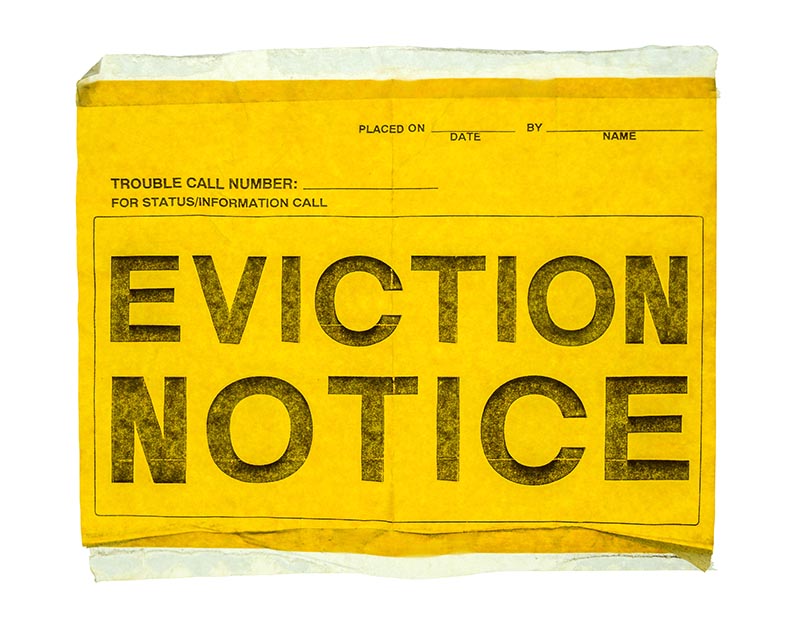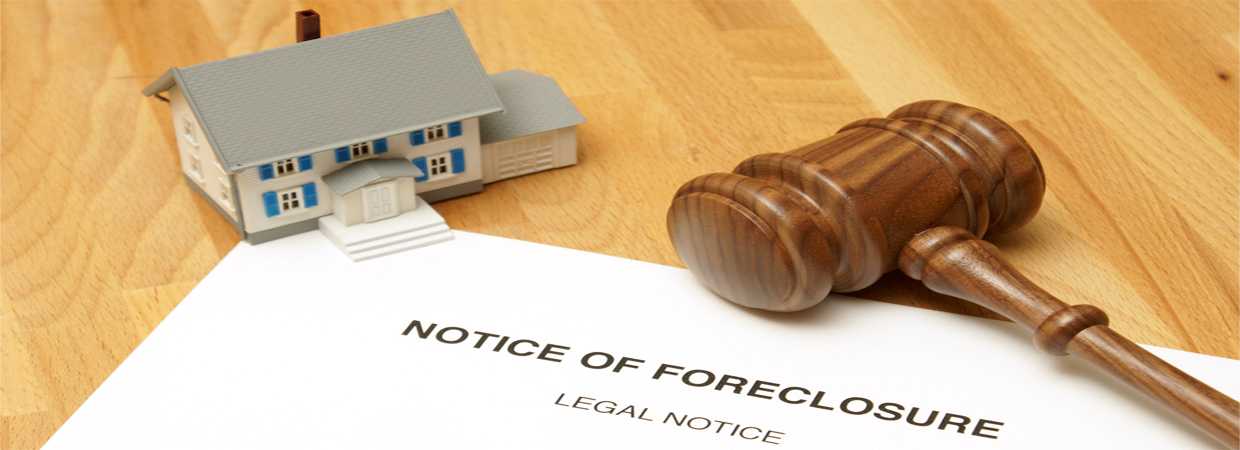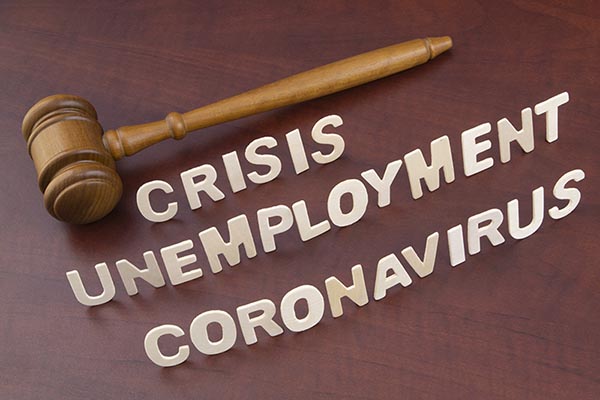Fresh Start Repayment Plan
Has your driver’s license been revoked for unpaid parking tickets? Has your car been booted and impounded by the City of Chicago? Do you have old parking tickets where the fines and penalties continue to increase the amount you owe? The City of Chicago now has a program in place that allows you to discharge/eliminate either all or a portion of your parking tickets in a Chapter 7 case. In the past, the only way to repay your parking tickets to the City of Chicago was by filing a Chapter 13 bankruptcy case. This new program is much less costly than filing a Chapter 13 case and provides a streamlined alternative to individuals who have been trying to manage their outstanding parking tickets. In order to qualify for this program you MUST meet the following requirements: Parking tickets/violations that were received at least 3 years prior to a Chapter 7 filing date – All penalties and fines are waived. Fines and penalties received within 3 years of filing of a Chapter 7 bankruptcy case – You can apply for an installment repayment plan over up to 3 years – minimum payment of $25/month. If payment will be over $100.00 per month, the repayment term can be extended to 5 years. This repayment will be for ONLY the tickets you received within 3 years of filing the [...]






